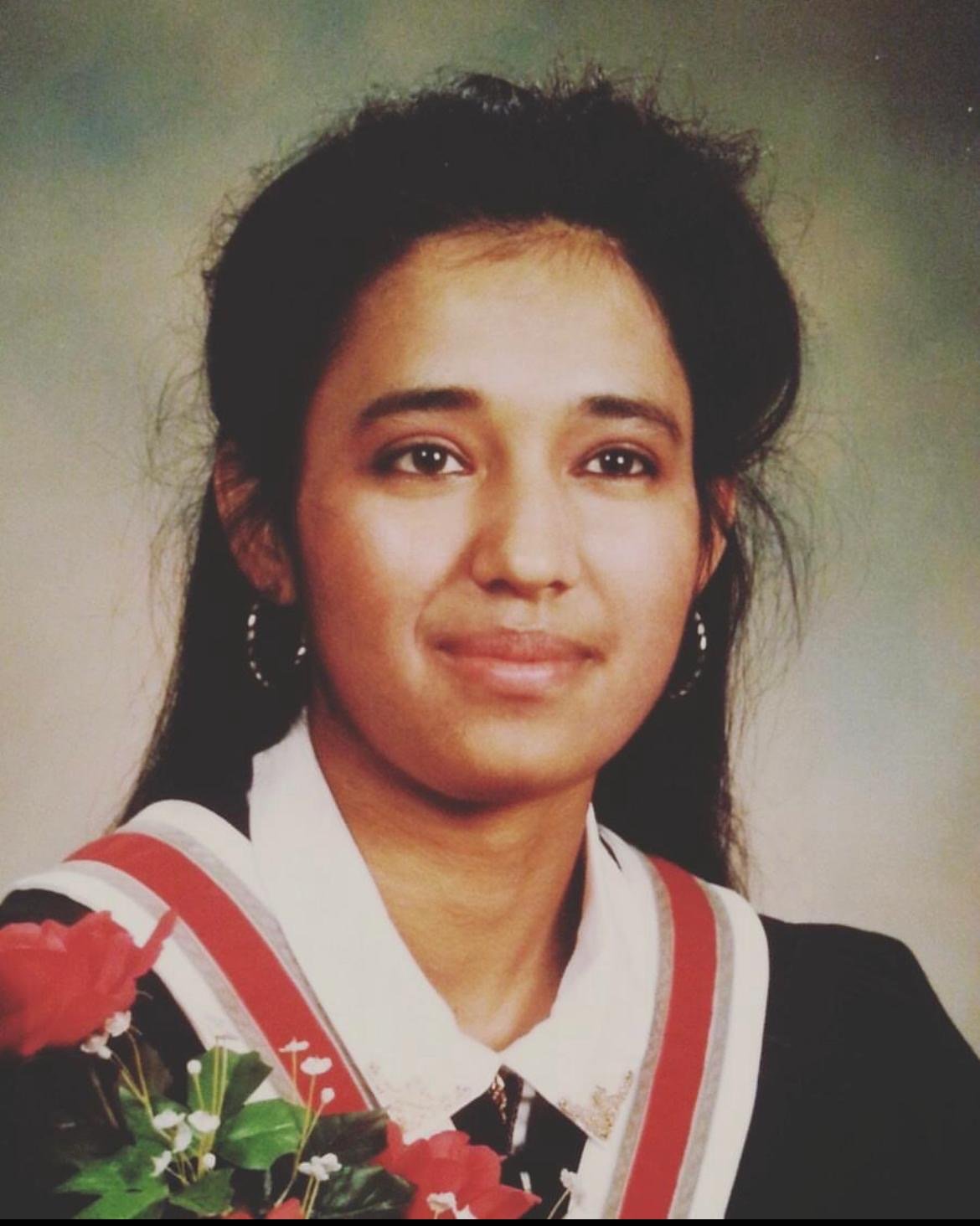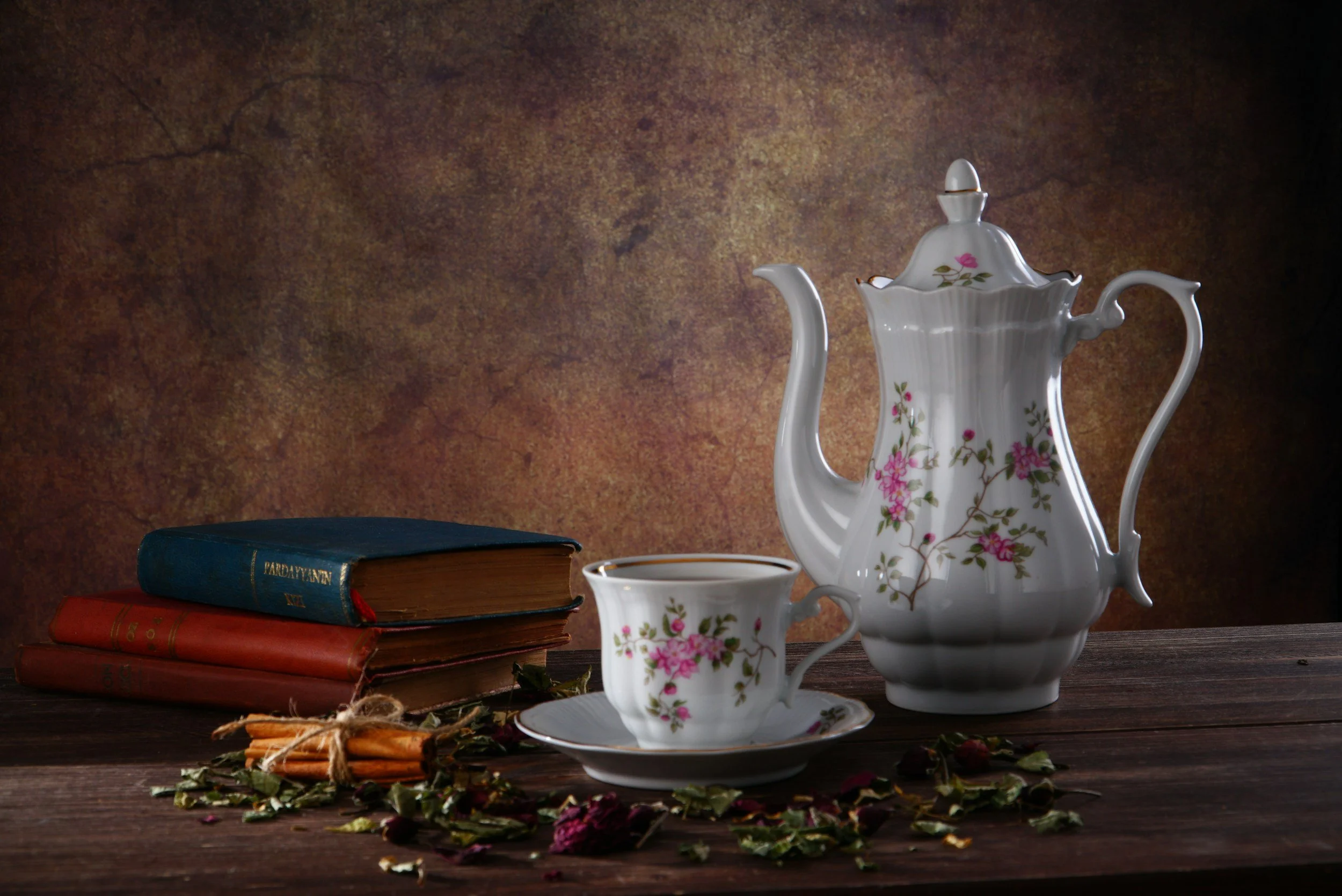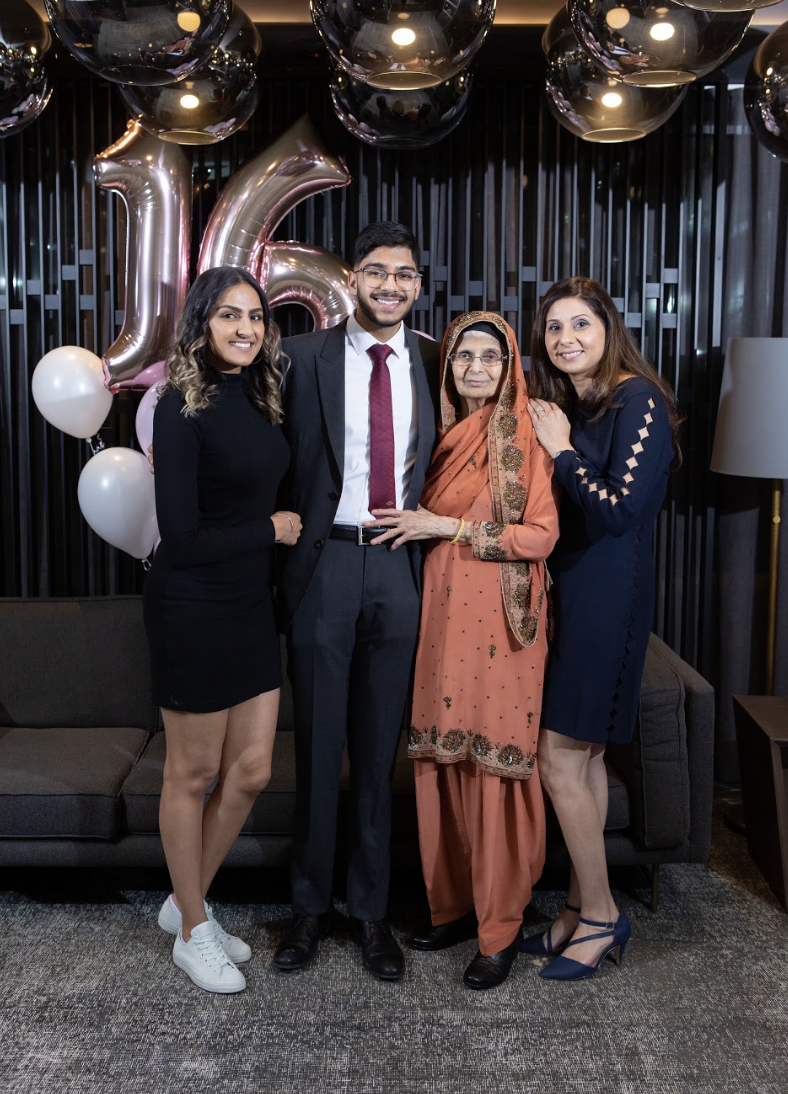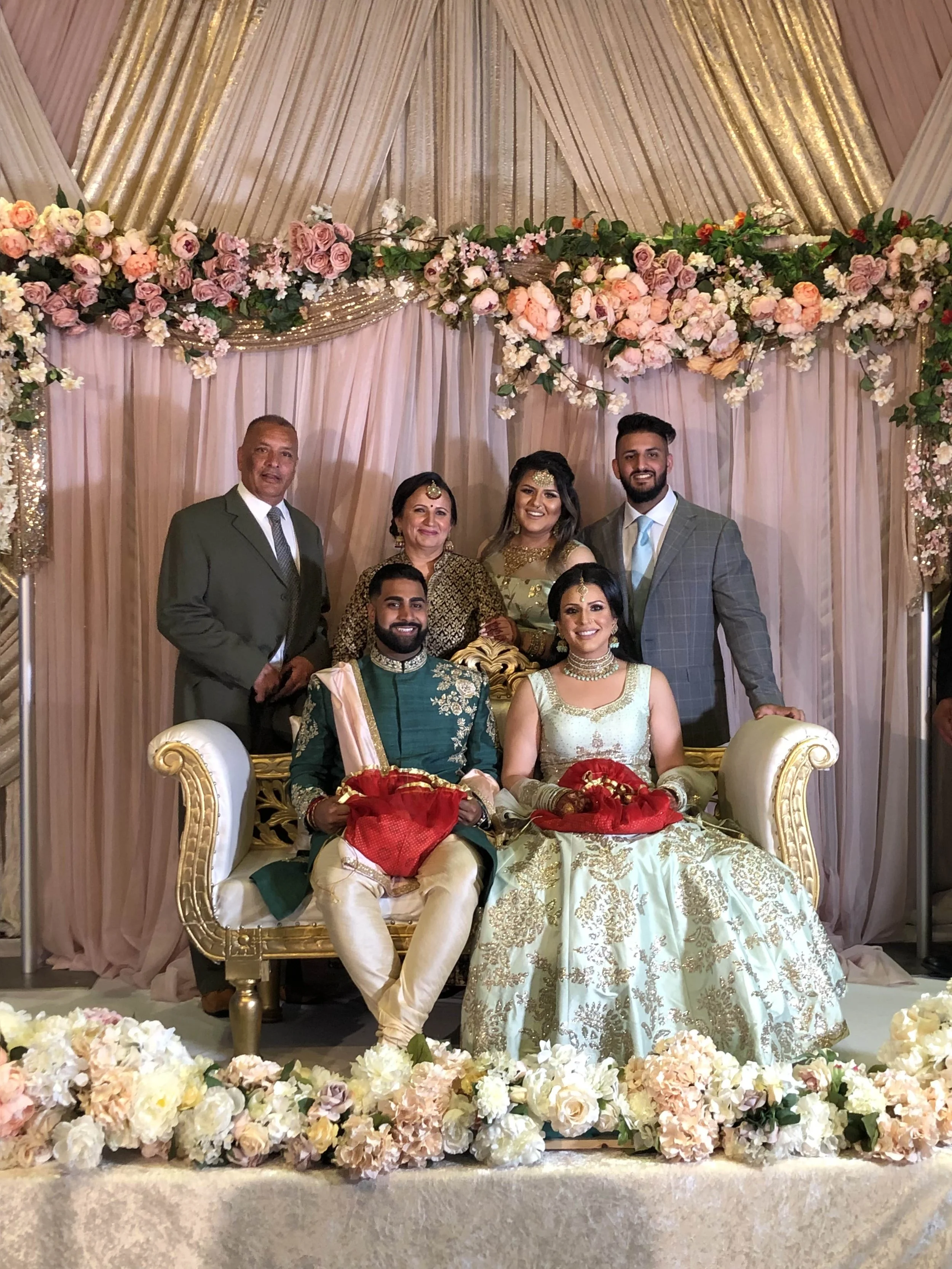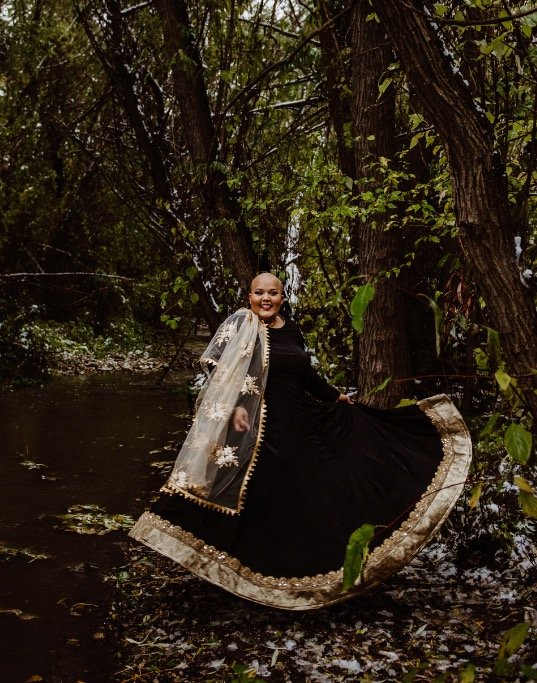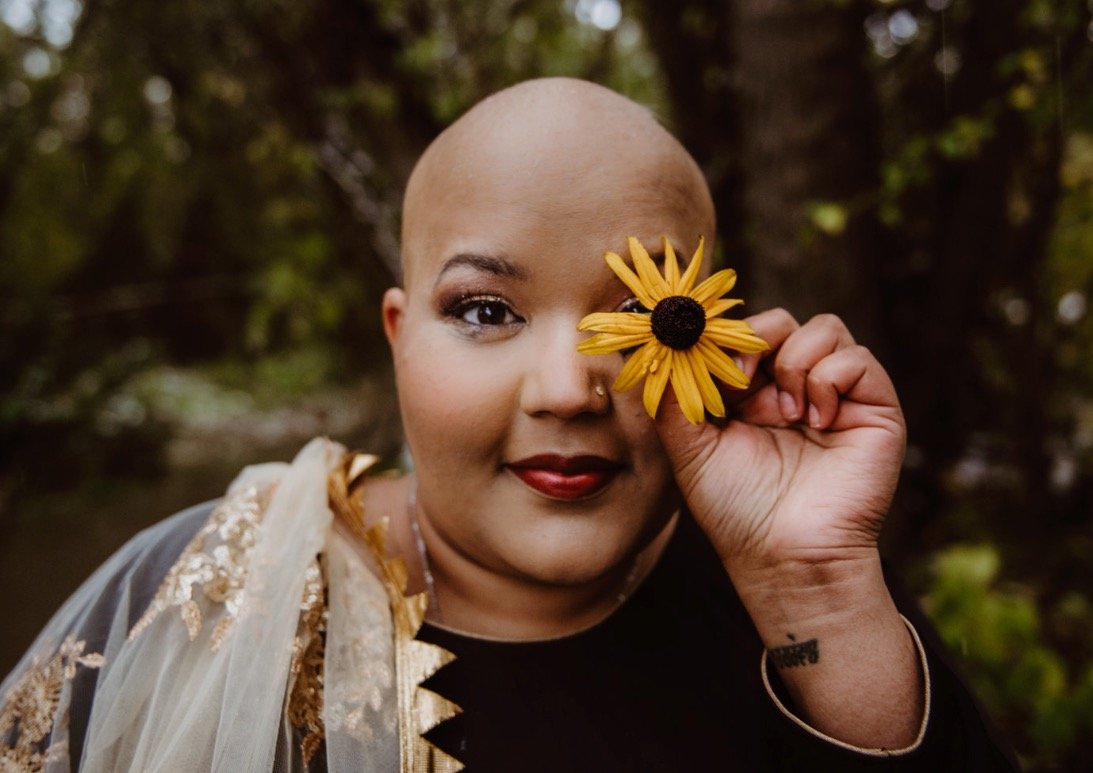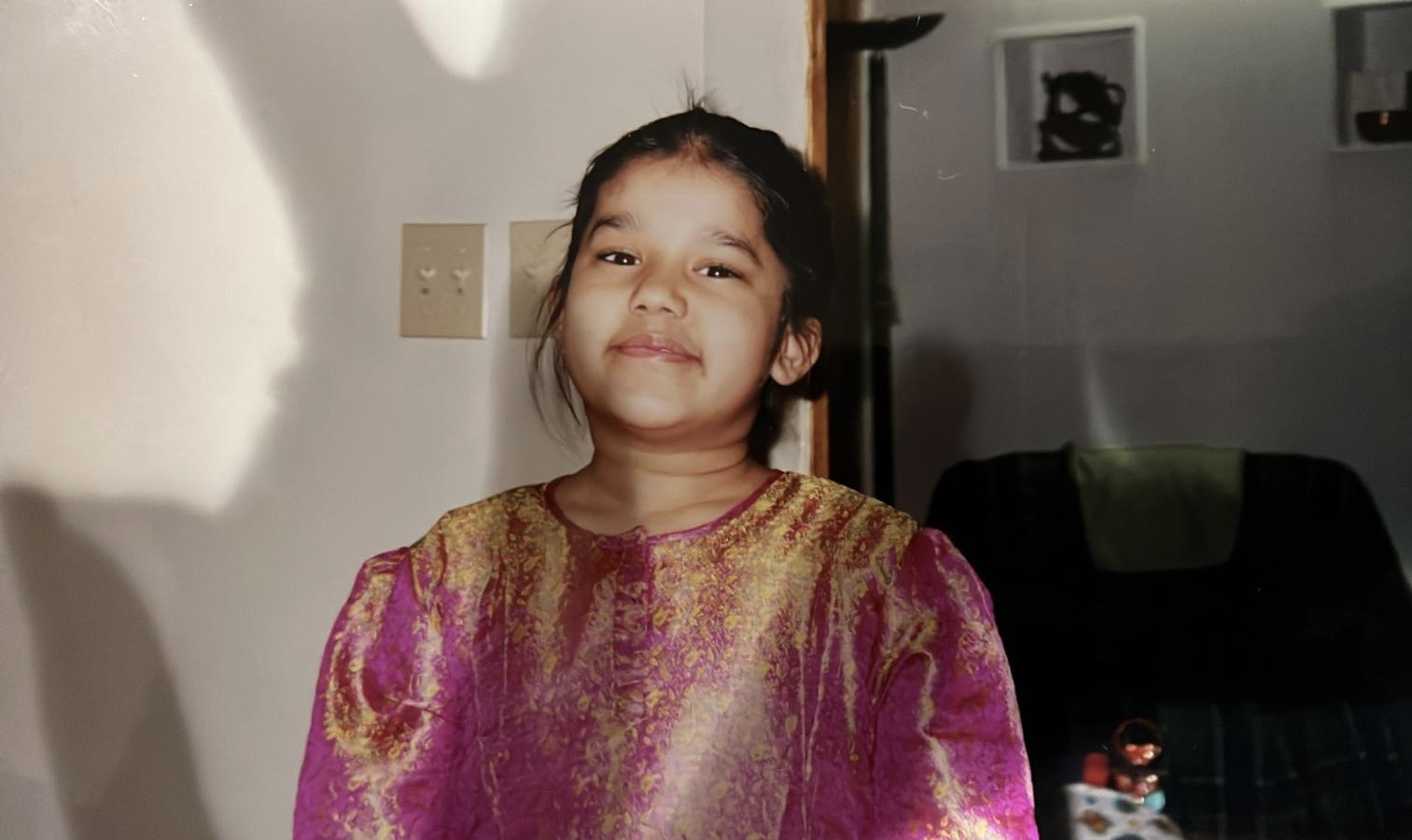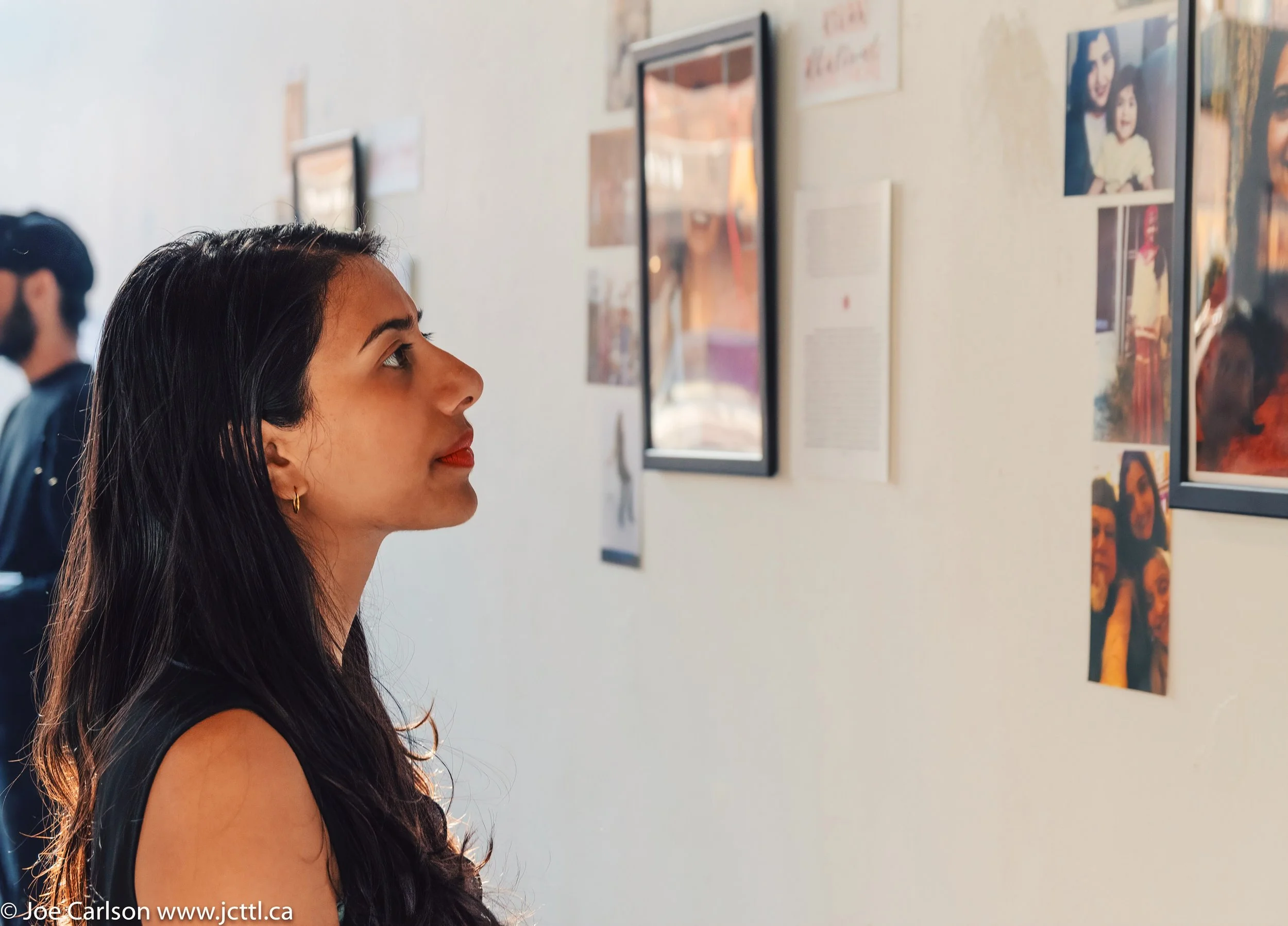
Chaa Da Cup
A visual & storytelling platform amplifying marginalized voices led by social worker and clinical counsellor, Harnaaz (Naaz) Kaur Grewal-Greeno. Series 2 online now.
Scroll to view exhibit online ↓


Meet the Founder of Chaa Da Cup
Hi,
I’m Naaz Kaur Grewal-GREENO👋🏾
RSW, MSW, B.Sc.
I am a social worker and clinical counsellor living in the beautiful Okanagan and a Stage 3 Triple Negative Breast Cancer Warrior.

About Chaa Da Cup
While pursuing my Master of Clinical Social Work degree at the University of British Columbia – Okanagan (UBCO) campus, I enrolled in SOCW 514: Diversity and Critical Reflexive Practice, taught by Dr. Rachelle Hole. For our final assignment, we were given the opportunity to create a project that centres on diversity, inclusion, equity, and social justice reflexively.
I sat down and started to reflect on what I could do for this project. I decided to make a cup of chaa (Punjabi word for tea) to ease my racing mind. The warmth of the tea immediately took me back to the conversations I had with my mom over a cup of chaa.
We often talked about a variety of issues, including her experiences as an immigrant to this country and her intersectional identities as a racialized woman and business owner. We also discussed the current struggles faced by Punjabi and other South Asian women, as well as the larger diaspora.
It was at this moment that the idea for Chaa Da Cup came to be. Chaa Da Cup with Harnaaz Kaur Grewal seeks to provide a safe and inclusive platform for racialized and marginalized people to share their stories and lived experiences.
What began as a single university project has since grown into a living space for collective dialogue, knowledge sharing, and community care, creating room for conversations that push beyond classrooms and into our daily lives, homes, and communities.

Chaa Da Cup with Harnaaz Kaur Grewal seeks to provide a safe and inclusive platform for racialized and marginalized people to share their stories and lived experiences.

CHAA DA CUP AS IT EVOLVES…
Chaa Da Cup began with a single question: What does it mean to hold a South Asian woman’s identity in a Western world? Series 1 documented the trials and tribulations of immigrant and Canadian-born South Asian women growing up in the Canada we know today. These conversations focused on their experiences with racism, intergenerational trauma, discrimination, and the integration of South Asian culture with dominant Canadian ideologies. We ended with reflections on the importance of allyship, how one can become an ally, what is needed to help combat racism, and messages of hope for future generations.
While in the MSW program, I had originally intended for this to be a single session. But I quickly realized the power that comes from telling one’s story. The ability to narrate one’s own experiences, in personal words and on one’s own terms, is empowering and liberating. It invites listeners to understand these realities through storytelling, fostering empathy and connection. From this realization, what started as a personal reflection over a cup of chaa blossomed into the Chaa Da Cup platform it is today, a space where marginalized people can challenge the dominant narrative and reclaim their stories and identities authentically.
When I graduated and stepped fully into counselling and social work, I recognized that my identity as a South Asian woman deeply shaped how I practice as a social worker and therapist. Yet, this connection between cultural identity and professional practice was rarely addressed in formal training or education. When it was, these conversations often took place quietly, only with other racialized peers or professors.
Although the field is becoming more diverse, research and training often lag behind. Much of the existing research on racial microaggressions in therapy focuses mainly on the perspectives of clients, while the experiences of racial minority therapists themselves are understudied and less understood. Determined to bridge this gap that Western institutions often overlook, I sought out mentors and voices who have long navigated these complexities. This led me to other racialized professionals who have carved out spaces for themselves and their communities over decades of practice. Series 2 continues this work, opening up honest conversations with racialized therapists whose insights lay the groundwork for a deeper understanding of how our stories, identities, and communities shape our work in the helping professions.
The Chaa da Cup platform aims not only to amplify voices that are often silenced or overlooked but also to foster dialogue and understanding across diverse communities. As we prepare to open future Chaa Da Cup series to a broader audience and welcome new participants, I am excited about the potential for meaningful conversations that challenge perspectives, promote empathy, and inspire positive social change.

This platform aims not only to amplify voices that are often silenced or overlooked but also to foster dialogue and understanding across diverse communities.
As we prepare to open future Chaa Da Cup series to a broader audience and welcome new participants, I am excited about the potential for meaningful conversations that challenge perspectives, promote empathy, and inspire positive social change.

So, grab a cup of tea and sip on some chaa with me as we go on this adventure! ✵
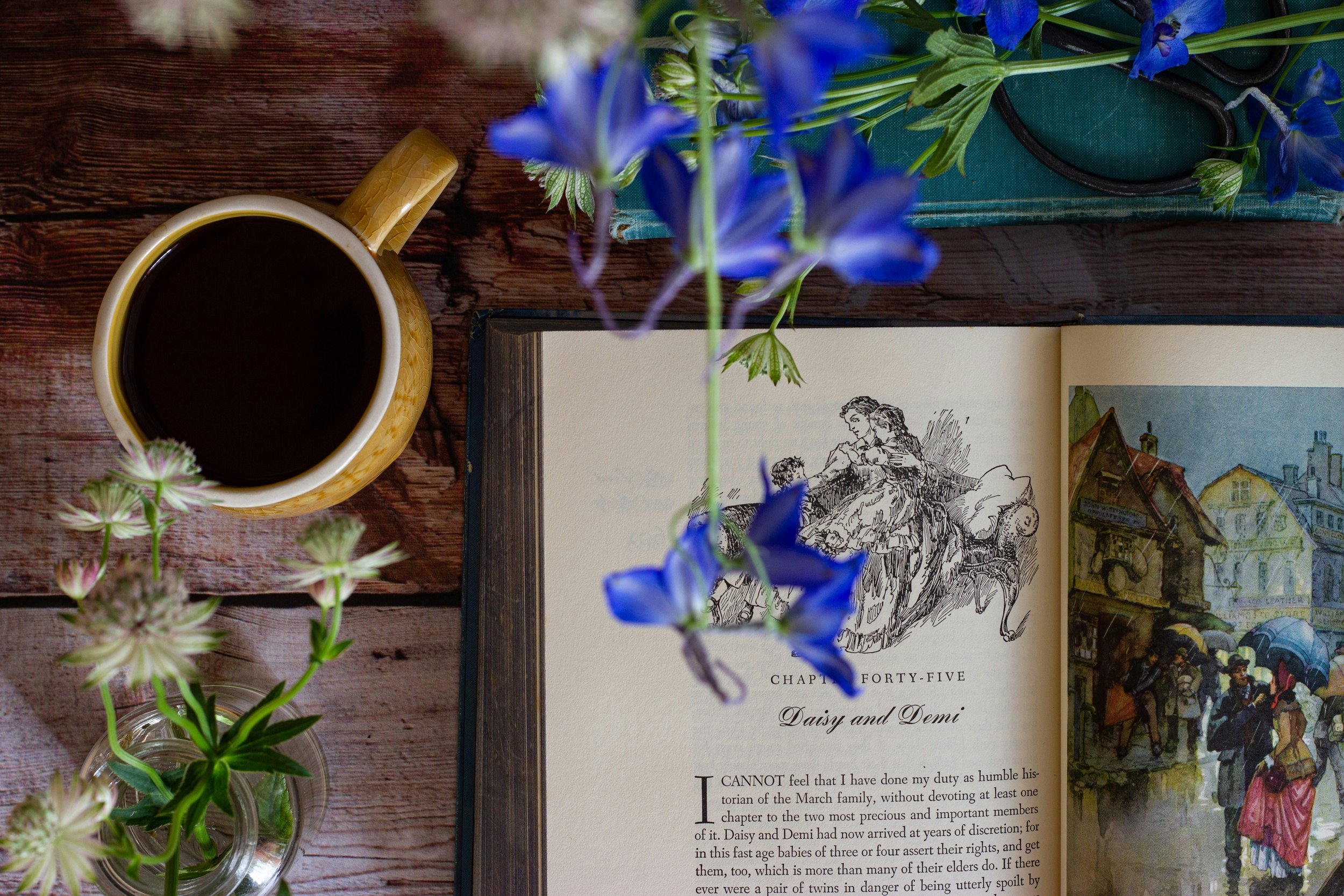
Chaa Da Cup aims to decolonize Western academic research by drawing inspiration from the tradition of gathering over chaa, tenants of Critical Race Theory (CRT), and Jo Ann Archibald’s storywork approach with Coast Salish Elders, which prioritizes lived experience and cultural insight.

Series 2 Reflections with Harnaaz
Series 2, Between Culture and Care: Conversations with Racialized Therapists, pushes beyond those institutional silences by inviting racialized therapists to have real, vulnerable conversations about what it actually means to practice as an IBPOC therapist today. Through this series and the Chaa Da Cup platform as a whole, I hope to create a space where the truths of marginalized people are not only acknowledged but respected, heard, validated, and woven back into how we understand care and healing. My hope is that Series 2 helps build a community of care for racialized mental health clinicians at every stage of their careers. By sharing our stories, wisdom, and practical strategies, we can better support each other in navigating burnout, setting boundaries, and holding space for ourselves while we hold space for our clients. I want new graduates and emerging therapists to know they are not alone — to know there is knowledge here, born from lived and living experience, to help them find their footing in a system that was never designed with marginalized people in mind.
Ultimately, I hope Chaa Da Cup becomes a trusted gathering place where marginalized people, each with their own intersectional identities, can come together to share, learn, and imagine new ways forward rooted in community, care, and healing justice.
What I am most looking forward to with Series 2 is that the experiences of racialized therapists feel truly seen and validated. So much of my training focused on Western frameworks and how to support clients, yet it often overlooked the realities that come with holding multiple, intersecting identities as the therapist. I had countless conversations with other racialized peers during my studies, and many shared how they felt unseen in academia. Much of what was discussed about self-care or burnout was from a Western perspective, overlooking the fact that racialized therapists have to navigate their multifaceted identities both in their personal and professional lives. Many wished for a safe space to learn directly from other racialized professors about how to navigate racism from clients or colleagues, how to process and heal their own racial trauma, and how to develop practical skills to prevent burnout. These honest exchanges with my peers are what inspired Series 2: an offering back to our community, so we no longer have to feel alone in this work.

Series 2
Between Culture and Care: Conversations with Racialized Therapists
Series 2 opens up conversations with racialized therapists reflecting on how their intersecting identities shape their practice, relationships, and resilience in the field. These stories shed light on the gaps in Western training and highlight the importance of community, cultural knowledge, and self-reflection in healing work. This series invites listeners to explore what it means to hold space and be held, as therapists of colour in a system not built for us

Decolonising the Couch
Series 2, Interview 1: Dr. Pavna Sodhi

Series 1
Roots and Resistance – Stories of South Asian Women
In this series, South Asian women share honest reflections on growing up and raising families in Canada while navigating racism, intergenerational trauma, and cultural expectations. Through intimate conversations over cups of chaa, they explore what it means to hold onto their roots while pushing for change. These stories celebrate resilience, identity, and hope for future generations.
(swipe on mobile or drag on desktop for each profile)


THE RESEARCH

The Chaa Da Cup Project is dedicated to and inspired by Naaz’s mother, Rupinder Kaur Grewal.
“Thank you for teaching me how to be loud and proud and to never let others stunt my growth. Thank you for teaching me to never let anyone belittle me because of the color of my skin. Thank you for working hard to give us the life you dreamed of. There are a million more things to thank you for. These are just a few of the ones that are overdue.“

About NAAZ
After high school, I began my Bachelor of Science degree at UBCO with the goal of becoming a doctor, but fate had another destiny in mind for me.
On July 20, 2020, I went to the doctor’s office expecting a routine check-up only to hear, “Naaz, I am so sorry but you have cancer”.
Yep, you heard that right…the one studying to be a doctor became the patient. What followed were years of aggressive chemotherapy, radiation treatments, numerous surgeries, hair loss, mental distress, and a struggle with identity…oh….and a global pandemic!
What got me through the difficult times were the connections I had with the people around me: My fellow cancer warriors, family, friends, my husband and the incredible medical staff at the Vernon Jubilee Hospital. The medicines and treatments kept me alive, but it was the human connections that helped me thrive.
During this battle, I found my calling in clinical counselling and social work. Though my path to medicine took a turn, it ultimately led me to this fulfilling field. I was introduced to the cancer clinic’s counsellor whose background in social work greatly impressed me. Her holistic approach to addressing clients’ needs, which included assisting with paperwork and advocating for patients both in and out of the hospital, deeply resonated with me. This comprehensive support inspired my own journey into this field
As a social worker and clinical counsellor, I am committed to providing a space where marginalized voices are heard and amplified, advocating for equitable access to mental health services, decolonizing my clinical practice, and challenging the prevailing injustices that impact disadvantaged populations.
I am thrilled to have you join me on this journey and witness stories of heartbreak, new experiences, adventures, loss, and most importantly hope and resilience.
I am incredibly lucky and deeply honoured to hear the stories of these amazing women and to be entrusted with the future stories that have yet to be shared.

Features
-
Respect
UBC’s Student Magazine on Equity Matters Issue 3 Feature
“The Power of Place plays a role in determining the symbolic efficacy of a location. It can be both a space of freedom and public constraint///the public space is one in which members of society must come together to share and learn from one another, to grow despite our differences, and foster a welcoming and inclusive environment. Something as simple as a cup of tea with women from various parts of Canada helped do exactly that.”
-

Canada India Research Centre for Learning & Engagement
Profile on Naaz Grewal
‘Hosting these intergenerational conversations over tea was edifying. [A] pattern of silence is something Naaz has witnessed in her clinical social work practice. South Asian women are “often rendered invisible by our own community, and then again amongst the larger dominant society,” she says. “When they’re constantly silenced, they no longer want to speak.“
-

BYOBF Network
Spotlight Article and Interview
“Naaz’s passion lies in enlightening others about the cultural bottlenecks created by systemic racism Her project was conceived with the noble purpose of empowering and amplifying the voices of South Asian women who have long been absent from mainstream discourse. The inaugural photo exhibit of Chaa da Cup became a platform to celebrate these women, marking the beginning of an inspiring advocacy brand.”
-
CBC Radio One
Interview with Gloria Macarenko
Chaa da Cup Founder, Harnaaz Kaur Grewal, speaks to CBC Radio One Journalist Gloria Macarenko about the project. Naaz hopes to continue having these conversations with other marginalized and equity seeking populations, to help amplify voices that are silenced by the larger dominant community, and to create a safe space for racialised and marginalised people.

Awards
Shakti Award for Resilience | March 2023
Center for a Public Anthropology Award Recipient | April 2014


Acknowledgements

-
01.
I would like to acknowledge that my work was created and developed on the traditional, and unceded territory of the sqilxʷ/syilx peoples. I offer my gratitude to the Syilx people for their care for, and teachings about, our Earth and our relations. May we honour and learn from those teachings.
-
02.
I would like to thank all the participants who joined us in our first Chaa Da Cup series for believing in me and sharing their stories with the world. I am honoured to have shared the space with all of you!
-
03.
I would like to thank Dr. Rachelle Hole and Robin Metcalfe for their guidance throughout the process
-
04.
I would like to thank my dear friend Jagreet, and her team at Himmat Media, for transforming the initial project into a digital reality with the first Chaa da Cup series. Their contributions have been instrumental in helping me realize the true impact of this work.
-
05.
Lastly, I would like to thank you, reader, for joining me on this journey and bearing witness to the stories of these remarkable women. I look forward to welcoming future participants and continuing on this journey together.
-
06.
To all my immigrant mothers: We see you, we hear you, we love you, and we thank you for your sacrifices. ♥️

What’s Next?
Exciting updates are on the horizon for Chaa da Cup!
New Website Launch: I am thrilled to announce that Chaa da Cup with Harnaaz Kaur Grewal will be launching a website in January 2025. A special thank you to Himmat Media for their support during the incubation and catalyst period, which has been instrumental in bringing this vision to life. To learn more on how Himmat Media can help your visions become a reality click here,
Workshops: Based on the insights, stories and findings from Chaa da Cup, I am now offering workshops for organizations, businesses and the public in the Okanagan Valley as well as virtually across Canada. These workshops aim to foster a collective conversation on decolonizing our workplaces and academic settings and learning from the participants' experiences.
Upcoming Series: We are also on the lookout for participants for our upcoming series. If you are a marginalized person (definition: those who experience systemic disadvantages based on race, gender, sexuality or other identities) and are interested in contributing to the ongoing dialogue, I would love to hear from you!
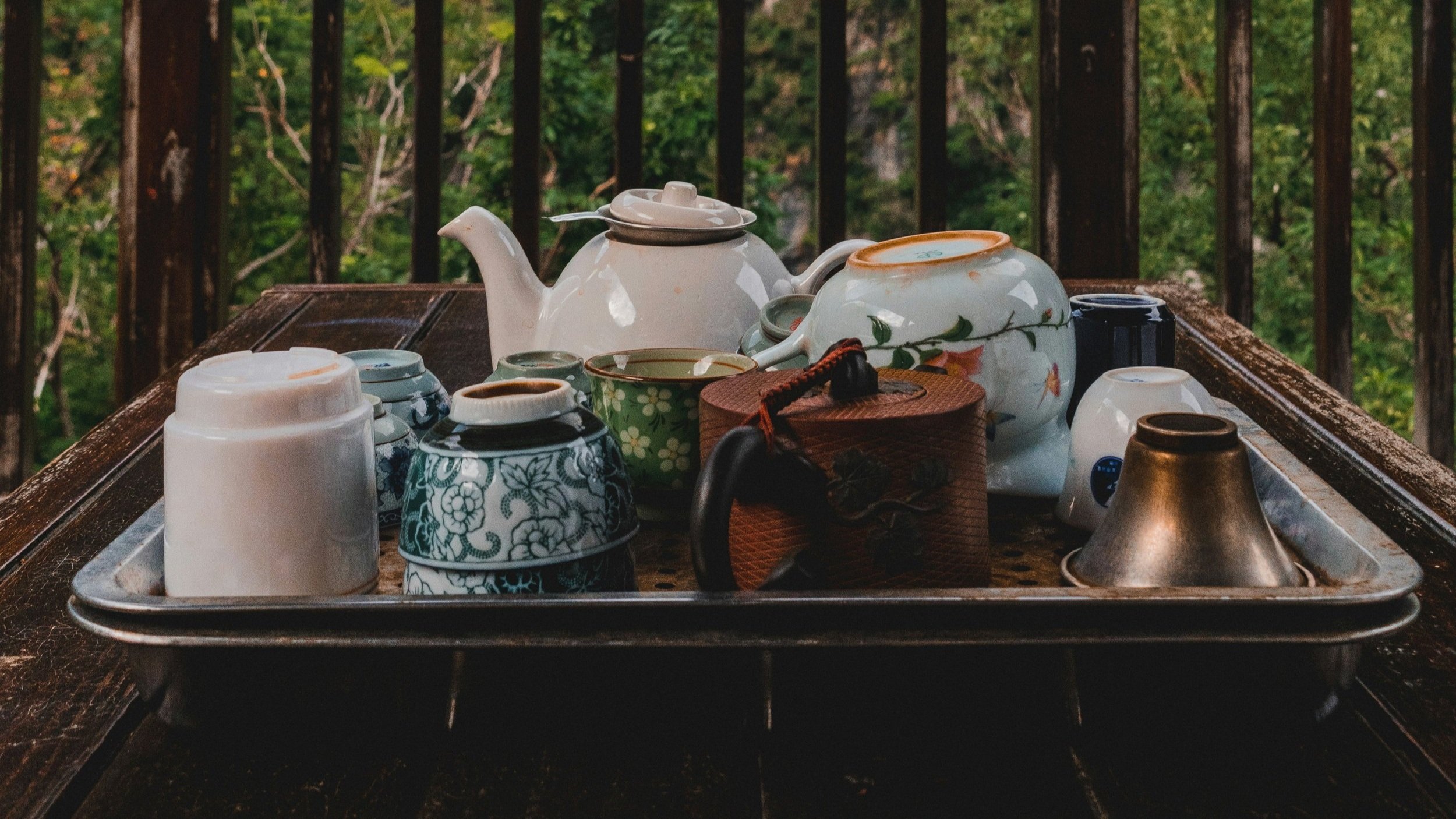
“Chaa Da Cup is women-centric, love-centric, voice-centric, and tea-centric.”
– Kelowna Inclusive Presentation Participant

Get in touch
If you’d like to know more about Chaa Da Cup and its founder, Naaz, become a participant in a future series, organise a workshop, or be notified of when Naaz presents next, stay connected and/or send a query through the contact form.
Follow the Chaa Da Cup journey on Instagram.
Related Projects/Next Steps
-
Himmat: Celebrating the Women Around Us
Everyday stories, extraordinary courage. We crafted the Himmat Exhibit as a storytelling platform honouring immigrant South Asian women in BC. blending community-sourced narratives with cultural strategy to archive the strength that shaped us.
-
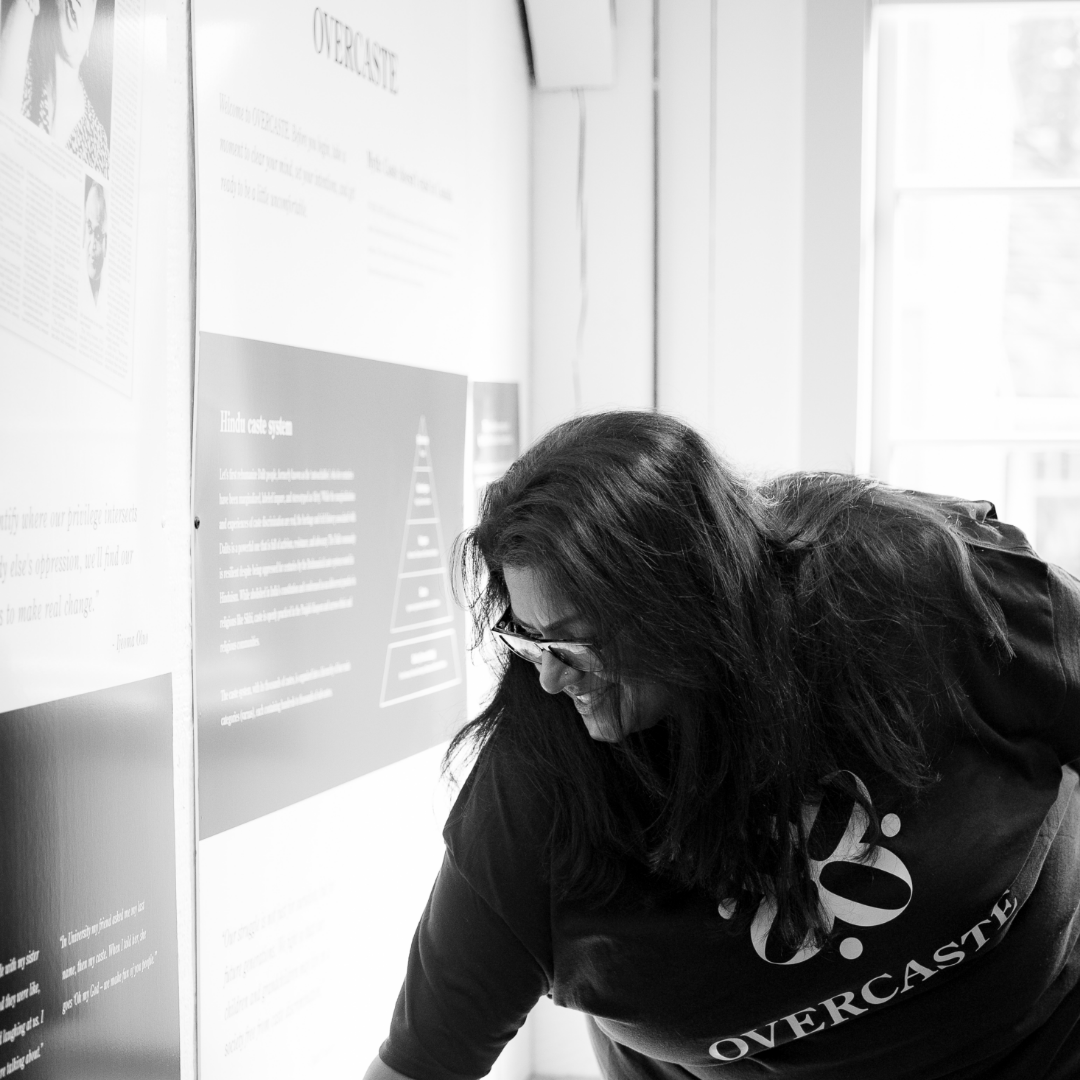
Overcaste Exhibit: Truth in motion
Caste, culture, and courage. We supported the Overcaste Exhibit in translating hard truths into collective healing, guiding interviews, shaping community voice, and helping anchor one of the first public exhibits on caste oppression in BC through a lens of integrity, history, and imagination. As a way to preserve the exhibit, we also led digitizing strategy and execution.
-

Zikulu – Online Roots, Real-World Reach
We co-developed Zikulu’s strategy, design, and content, translating African Friendship Society’s teachings into a digital platform. From heritage-based quizzes to legal frameworks, we built a legacy-rooted learning ecosystem.
Thank you


